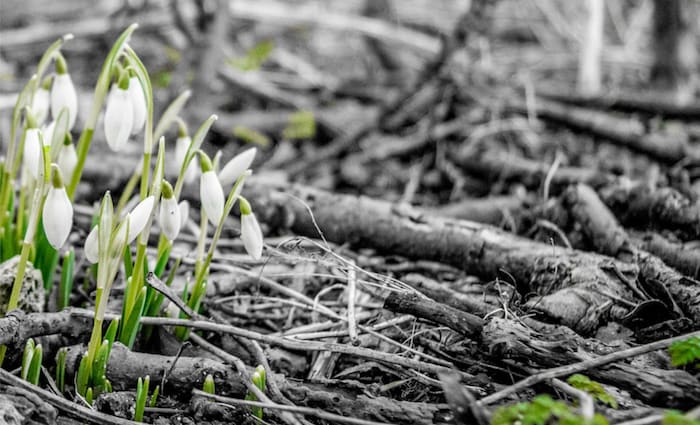Bushfire affected towns and suburbs could be set for resurgence: PRD Research
Many NSW towns are still reeling from the emotional, physical and financial impact of the summer of bushfire disasters.
And historically, these local economies in bushfire affected towns undergo a resurgence within just a year of the disaster, with each community typically in a better economic position just a few years down the track.
But the impact of the coronavirus is going to be a setback in this recovery, just as the campaigns to encourage visitors was getting underway.
Recent auction offerings in NSW bushfire regions have not fared well, as it is just too early for the positives of investment to outweigh the obvious nearby signs of devastation.
Median house prices flattened in bushfire locations in the year of the bushfires, but by the second-year medians were above those in the year of the bushfires, according to the national estate agency, PRD Real Estate’s latest research report, Australia Bushfires: The Real Estate Perspective.
It gives a glimmer of hope to the devastating impact many Australian communities have experienced.
PRD analysed the long-term effects of four previous catastrophic bushfires in Australia and found without fail that each community was in a better economic position just a few years down the track.
“While it may be hard now for anyone to believe their community will survive, let alone thrive again, our research shows that is exactly the case," the PRD managing director Todd Hadley noted.
"Our analysis should give confidence to those wishing to remain in their local area but are unsure about its future economic viability.”
The research examined the economic effects of four previous Australian bushfire disasters: the Canberra bushfires in 2003, Black Saturday bushfires in Victoria in 2009, Perth Hills bushfires in 2011 and Pinery bushfires in South Australia in 2015.
The PRD chief economist, Dr Mardiasmo acknowledged there has been damage that cannot be quantified on a personal level.
"This emotional anguish cannot be discounted, but there are some real positive economic benefits when communities choose to unite and persist in the process of rebuilding.”
“Each of the four previous bushfire affected areas analysed experienced an increase in Gross Regional Product (GRP) growth in the year immediately following the bushfires."
The Perth Hills region experienced an increase in GRP growth from +0.2 per cent in the year of the bushfire, up to +5.8 per cent in the year following, Dr Mardiasmo advised.
It found economies started to turn around once compensation and insurance payments filtered into the communities.
This week the NSW state government announced a grant for businesses who have been indirectly affected by the bushfires and have lost business as a result.
There are 17 NSW LGAs eligible for this grant including the Blue Mountains, Eurobodalla, Hawkesbury, Lithgow, Port Macquarie, Shoalhaven, Wingecarribee and Wollondilly.
Eligible businesses must have experienced a 40 per cent drop in revenue over a three-month period, compared to the previous year, as a result of the recent bushfires.
Deputy Premier and Minister responsible for Disaster Recovery John Barilaro said about 20,000 NSW small businesses will be eligible.
As the towns were rebuilt, demand for construction often bought more people to the towns, boosting demand for accommodation, food and services.
Once charities passed on donated funds, local economies also started to improve with that money being spent locally helping many business owners get back on their feet.
PRD stressed it was essential these funds are quickly passed on to residents so that the economic cycle is kick started in these towns again.
This article was first published in the Saturday Daily Telegraph.
